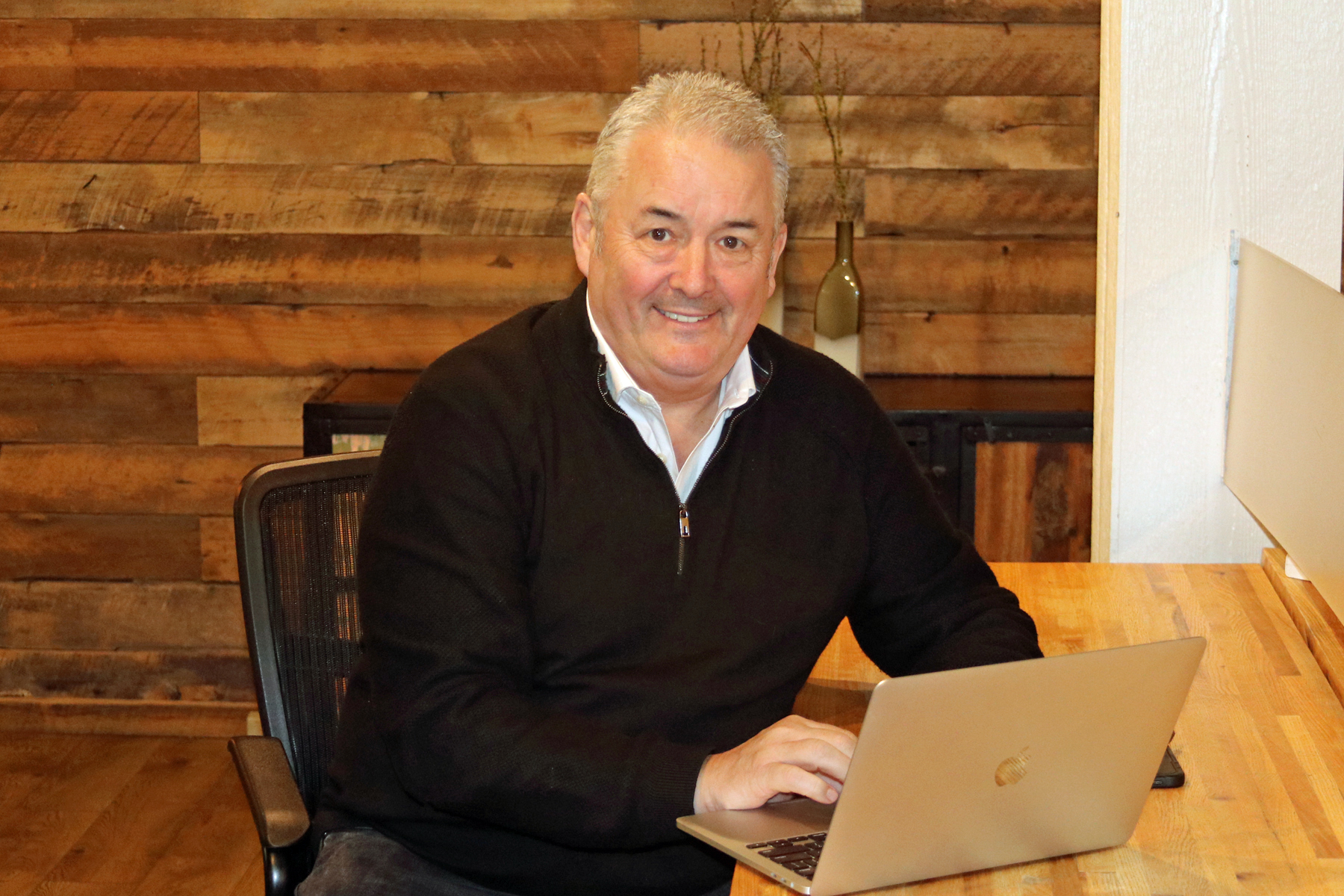
Back to the basics to build a great team.
I am dredging up a relevant gem here. This article came out nearly 5 years ago, and it still rings true. A recent conversation with the CEO of a suite of medical companies reminded me of this article, as he had realized their process had evolved to produce poor results because other pressures on the search took over the primary goals. The IPS Team liked this article because it touches upon some trends that have done a disservice to businesses trying to hire. The interview and face-to-face contact is still unbelievably valuable because of all of the information you gather beyond just the questions asked. Too many times a company puts ease and convenience, or cost as a set of key parameters on the hiring process, and in doing so, use tools and filters to locate and fill the process, because its easier and cheaper. Understanding the imperfections of the filters allows you to make more savvy choices to ultimately get what you need. Good talent is so important to performance, and yet choices are often put in motion that demonstrate a company does not consider the hiring process to be mission critical to their plan. Engaging and designing a true process that guides results to the bottom line is not difficult, but often out of sight for some teams, and this article is a great example of not accepting status quo, looking at a situation with new eyes, and building a process that yields desired outcomes.
Want to Create a Great Place to Work? Rethink How You Hire.
Matt Blumberg started Return Path in 1999, he didn’t have a lot of employees. In fact, he jokes, he just had one. Today, his New York City-based email intelligence company has grown to nearly 400 employees and has been recognized as one of the best places to work in the U.S. by Inc., Fortune and Crain’s.
In this exclusive Inc. interview, Blumberg, whose new book Startup CEO: A Field Guide to Scaling Up Your Business just went on sale, talks about the hiring practices that have helped his business grow.
What’s the hiring process like at Return Path?
We interview extensively. People don’t show up the first day without having interviewed with at least eight or nine people. For more senior positions, it can be even more. Our new CFO met with, I think, seventeen people before he started.
We also spend a lot of time making sure that we’ve defined the job properly up front. Like with anything else, you can get some results by doing some work and a better result by doing more. For smaller companies particularly, that’s a very hard thing. Managers say “I don’t have time to write a good job description or work on hiring.” But you just have to set time aside or it doesn’t get done well.
When you have that many people interviewing candidates, you must run into disagreements. How do you handle that?
You have to be careful as a hiring manager and a CEO not to manage everything in the world by consensus. Life is not completely a democracy. There are times when you have a vision for the job that may not quite make sense to everyone. You certainly don’t want to bring someone aboard when a bunch of people have concerns, but there’s a long road between unanimous consensus and lots of red flags. Sometimes these disagreements are an opportunity to have a dialogue and ask employees specifically what they didn’t like. It gives me things to ask the candidate’s references.
What inspired you to structure your hiring like this? Is it something you’d experienced?
I was inspired by the opposite. I had worked at places before where new employees just appeared, having been interviewed by their boss and that’s it. I’d say the success rate was medium at best. Here, new employees show up having met roughly every single person that they’re going to work with.
Thinking back to your early days, what was hiring like when you were just getting your business off the ground?
The first bunch of hires, when we were super, super small, were the most nerve-wracking ones, because if you have three people and you’re hiring someone, you’re increasing your workforce by thirty-three percent. I’m a firm believer that a company culture values are almost like DNA. They get imprinted at the beginning. With the first handful of hires, you want to make sure you’re not bringing people on board who just have the functional expertise. They need to be the kind of people that you want to have in the business.
After nearly a decade and a half, have your hiring strategies changed at all?
Fourteen years and almost 400 people later, I’m not sure it’s all that different. It’s less nerve-wracking now because no individual is a quarter of the work force. But we still define cultural fit as a competency. It’s not an extra.
One difference between smaller and larger companies is having a dedicated recruiter or recruiting team. At what point did you add this role?
It has nothing to do with the size of the company. It has to do with how many people you’re trying to hire. I don’t know that I have a good rule of thumb, but thinking back about when we brought our first recruiter into the company, we were about 100 people and we were trying to hire thirty to forty in a year. And that was the breaking point of the company.
Are there any common practices that you’re skeptical of?
One thing I know a lot of companies do, but that I have a mixed view of, is tests. The engineering team does code tests with employees, but there are a lot of personality tests floating around, and I’m very skeptical of those. I think they send a bit of a weird message during the process. On the other hand, there are lots of companies that are successfully pitching these, so there must be something.
What’s your best advice to companies trying to hire more effectively?
The hiring process does not end when you hire the employee. Our philosophy has always been that the hiring process isn’t done until the employee has been at the job for ninety days and it’s gone well. Return Path has a very comprehensive and fun and well-run onboarding program and, for us, that’s part of hiring.
We like to say that the moment you hire an employee is the mid-point of the process. It starts with the job description and ends with the ninety-day review.
Integrated People Solutions is an executive placement firm in Denver, Colorado, and is part of the Kennedy Executive Network
About Kennedy Executive
Kennedy Executive Search & Consulting is a global partner network of retained search boutiques in Europe, Africa, North America and Asia Pacific with offices in Amsterdam, Budapest, Copenhagen, Denver, Frankfurt, Johannesburg, London, Milan, Monaco, Oslo, Paris, Prague, Sydney and Vienna. The network covers 360 degrees of talent management: executive search finds and assesses the right talent in the market, consulting develops people and organizations. With the addition of Evolve South Africa, Kennedy is now active on 4 continents and in 14 countries and offers a global reach. Between the 75+ consultants and researchers, 30 languages are spoken. As a network Kennedy will run 365 strategic recruitments all over the world this year. Kennedy Executive Search & Consulting helps organizations to achieve their goals and people to enhance their careers every day.




